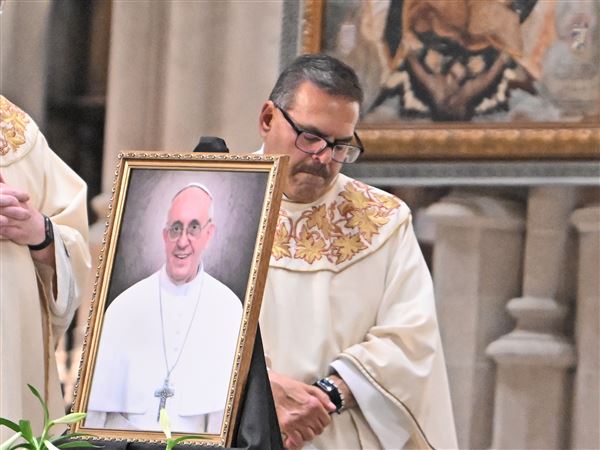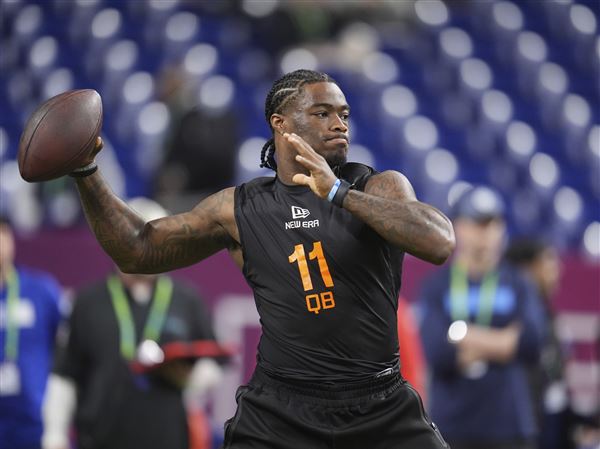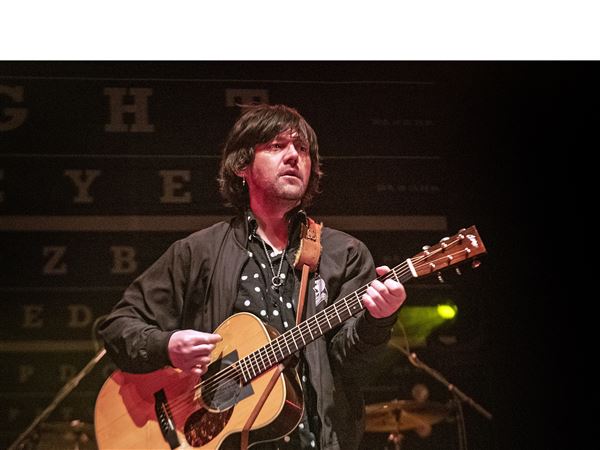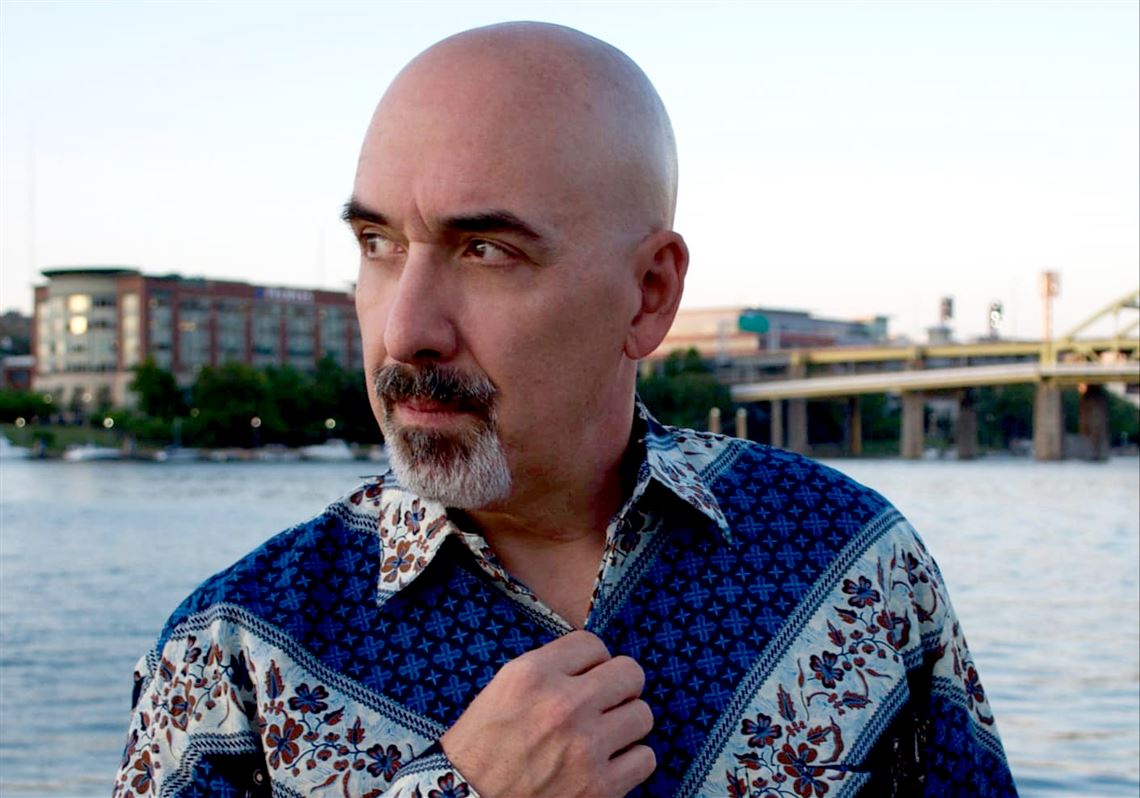Music has taken Reggie Watkins to some amazing places. The trombonist from Wheeling, W.Va. toured every state with Maynard Ferguson, worked cruise ships in the Caribbean, played the Pacific Rim with pop star Jason Mraz and had the honor of performing at Aretha Franklin’s funeral.
As a bandleader, he’s recorded three albums, to go with recent releases as a member of Orrin Evans’ Captain Black Big Band and Pittsburgh funk ensemble Steeltown Horns.
On the list of things Watkins hadn’t done, until recently, was record an album of all original material. He’s addressed that with his new, fourth album “Rivers,” recorded at Neville Island studio The Vault and named in part for the city he settled in after his stint with Ferguson.
“‘Rivers’ is a nod to all those tributaries of my life, including other musicians, my wife and my children, my parents,” Watkins says, “but it's also this pride and the legacy of Pittsburgh jazz. We're doing it from Pittsburgh, and I didn't want to shy away from that. Jazz is a big part of our identity and although we can talk about lots of contributions from the overall music scene here, some of the most long-lasting impactful contributions have been from the jazz idiom.”
“Rivers” is a dynamic and cohesive post-bop jazz record with his quartet — pianist Michael Bernabe, bassist Eli Naragon and drummer Jason Washington Jr. — that may not have happened without the halt of the COVID-19 pandemic.
“The upside of the pandemic was that I took that time to work and develop my original music,” notes Watkins, who does a lot of his composing on piano.
“I had a lot of old ideas and new ideas. I came to the point with the other three musicians where everything was really jelling, and so they became my working quartet. I really liked the way that they interpreted my songs and our vocabulary together. The songs felt new, even though I've been working on them over a period of a couple of years, and there were some new ones coming in. But that group of musicians really excited me and helped breathe life into my compositions.”
During the 13-song, hourlong album’s opener, “Blues in 3-D,” it sounds like you’ve walked into a club and you’re catching the band mid-stride.
“Rivers” IS dedicated to “the three D's,” contemporary trombonists David Gibson, Andre Hayward and Steve Davis, whom Watkins refers to as “some of my contemporaries, who are also my idols and friends that are just wonderful players.”
As a tip of the hat to free-jazz pioneers Ornette Coleman and Don Cherry, “Ocularity” is, no surprise, the Watkins quartet pushing things a little more aggressively.
“Ornette Coleman is probably the most important jazz musician to come out of the postmodern era,” Watkins says. “But it's just a nod. I'm not trying to play like these artists, but I'm inspired by them. You can hear the influence there, but it's not an imitation.”
“Blue Six“ was inspired by Thelonious Monk and Jimmy Knepper, the California trombonist who was the subject of his previous album, “Avid Admirer: The Jimmy Knepper Project,” after Knepper's daughter, Robin, gifted Watkins her late father's trombones.
The playful bounce in “Hide N Seek” comes from the joy of playing that game with his kids, and the album closer, “Shanghai Strut,” is an expression of his love for Asian music.
“It’s not a traditionalist Asian song,” he says, “but you can hear that it's a tribute to the beauty of Asian music. It's a simple tune that people really love because it sends a very clear message.”
Watkins had firsthand experience with Asian music when he toured the continent in the ’90s and then again with Mraz in 2010s.
“When I was working on cruise ships, and when we went to [China], everybody had the same clothes on,” he says. “It was just a couple of years after the Tiananmen Square incident. And the clothes to me looked like burlap sacks and they were all walking or on bicycles. Then I went back with Mraz years later and everything had changed. Now there are traffic jams and people are becoming individualists with the embracing of capitalism there.
“But,” he adds, “you also got a sense for communism. We played one show in interior China where the security — which, when I say security, they looked like police or military — stood in the aisles the whole time and when people stood to their feet, they would encourage them to sit back down.”
Mraz’s reggae-ish pop was a fresh twist for Watkins after playing the Ferguson gigs and, before that, the cruise ships and coming out of West Virginia University.
“It was jazz,” he says of those gigs, “but it was the American songbook, so a jazz quartet playing things that people recognize. And I was singing, as well, at that time. People would request things and we would try to make them happen. Sometimes you would get ballroom dancers, so they would want a variety of things, whether it be swing music or cha-cha or waltz.”
He settled in Pittsburgh after the cruise-ship days, he says, because “Pittsburgh to me was a big city, and even in high school, I started coming up here to sit in with musicians and check out musicians like Roger Humphries, Al Dowe, Jimmy Ponder, Sonny Barbato, Maureen Budway. So many great musicians. So when the cruise ship years ran their course, I wanted to get to where the music was happening.”
Watkins then stayed again after six years with Ferguson and his stint with Mraz. Now, he does most of his touring with Evans.
“He’s a major influence on me,” he says, “not just his music but also his work ethic and his leadership. He's kind of created a community of musicians all around the world that he's worked with and supports. And he supported me. He was on my 2016 release and we continue to do stuff. He's incredibly active. I've had the pleasure that the last two records I did with him were both Grammy nominated.”
For “Rivers,” he loved the idea of keeping it tight with his own Pittsburgh-based quartet.
“I've done records with musicians from New York and Philadelphia, etc.,” he says, “and could have done that again and tried to bring an all-star group together, but I didn't want to lose our group dynamic. These guys are all in the 30-year-old range, so they need opportunities as well. Being of an older generation than them, it was important to the effort.”
First Published: April 10, 2025, 8:00 a.m.
Updated: April 10, 2025, 9:56 a.m.

















